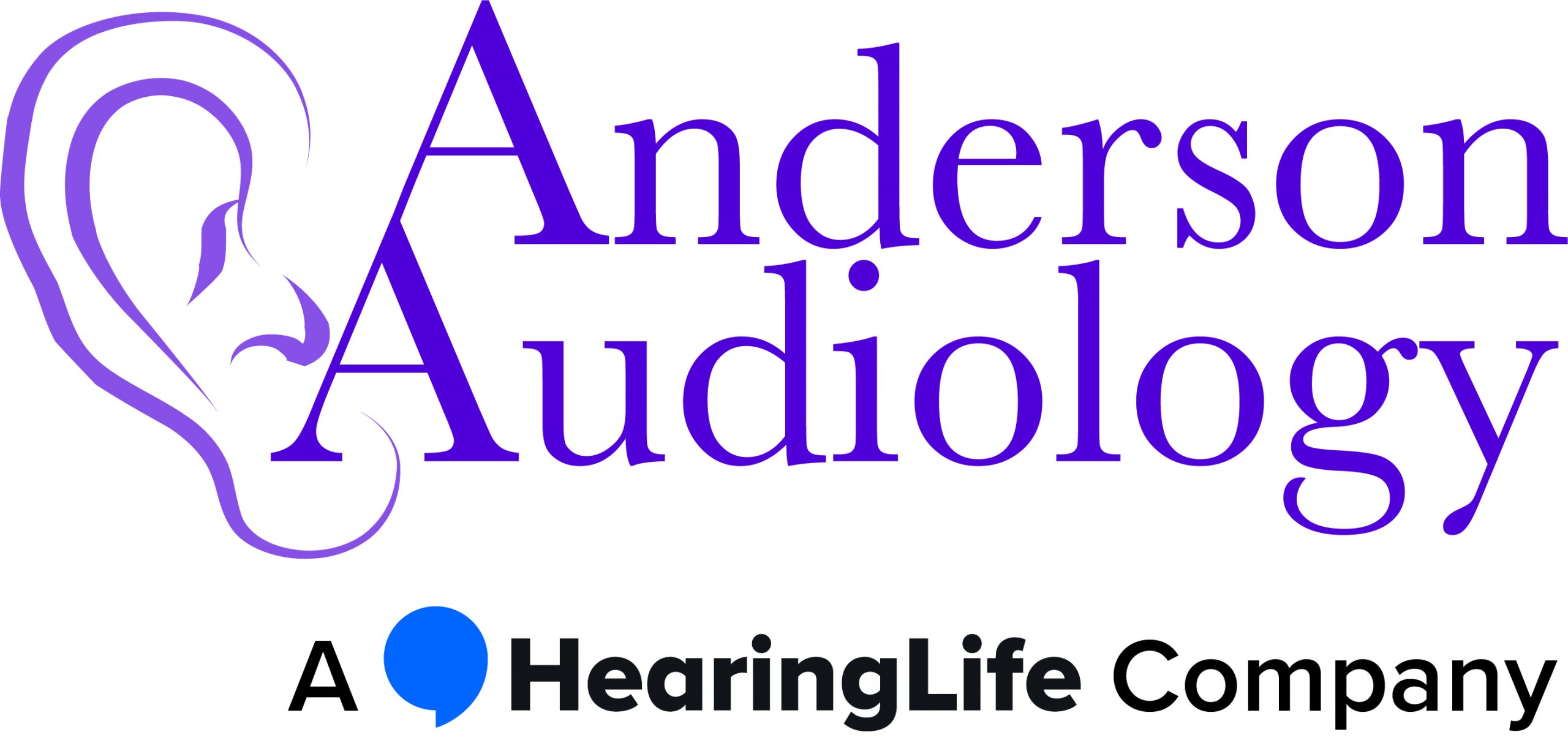What is Binaural Hearing?
Humans naturally have what’s known as binaural hearing, which is the ability to hear in two ears. Often, individuals experience hearing loss in one ear (also known as unilateral hearing loss), yet their health care professionals will recommend getting two hearing aids – one for each ear.
It’s not uncommon for these patients to ask questions such as, “Why can’t I treat my ‘bad ear’ for hearing loss? Why do I need two hearing aids?” Well, the answer to this question is actually quite simple: in most cases, the individual has hearing loss in both ears; it’s simply more pronounced and noticeable on one side.
It’s relatively rare for an individual to have perfect hearing in one ear and noticeable impairment in the other ear. Most individuals have bilateral hearing loss – impairment on both sides. As a result, when we fit this type of patient with just one hearing aid, they typically find that they still feel “lopsided.” Therefore, it is customary to provide a patient with two hearing aids, each providing a unique degree of assistance in a manner that’s similar to the way in which you might have two different lens prescriptions in your eyeglasses.
Just as covering one eye results in a loss of depth perception, the loss of hearing in one ear results in impaired sound perception. Binaural hearing makes it possible to identify the location of sound far more effectively. When you have one ear that’s more impaired than the other it can result in fatigue and discomfort when listening for a prolonged period of time.
Two Ears Means Better Hearing
When sound enters your left ear, it is processed on the right side of your brain, while the sound that enters your right ear is processed on the left side of your brain. Then, both brain hemispheres work together to process and interpret the sounds.
Scientists have found that when you use both sides of your brain to process sound, you see a noticeable improvement in your ability to understand speech. Your selective listening ability – your ability to pay attention to one voice or sound while ignoring all others – is also improved when both hemispheres of your brain are involved.
In fact, studies have revealed that when an individual uses two hearing aids, they require less amplification than they would require if they were only wearing one. This results in a better sound quality and a reduced risk of sound distortion.
If you’re suffering from hearing loss, contact us at Anderson Audiology and schedule an appointment with one of our hearing care professionals to discuss your hearing needs.
